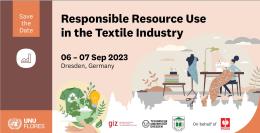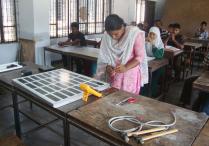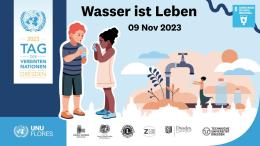This online workshop focuses on technical and vocational education and training (TVET), aiming to bridge the macro policy discourse with the situation in actual workplaces. It will explore the relationships between different types of skills, and what kinds of skill matter, in which contexts, and why, based on field research. It will also discuss how to train these skills.
Background
Recently, there has been broad acceptance that technical skills specific to the occupation are necessary but not sufficient for workers to be productive and effective in the workplace. They also need the cognitive capacity to read, calculate, and theorise. In addition, many studies indicate the importance of non-cognitive skills that enable workers to adapt themselves to different situations and solve problems in collaboration with colleagues. In this context, the Skills and Knowledge for Youth (SKY) Project of Nagoya University has been aiming to profile various skills of workers in Africa.
Participation
To participate in this workshop please register in advance. Participation is free and open to all.
Programme
16:00–16:10 Opening Remarks
- Shinobu Yume Yamaguchi (Director, UNU-IAS)
16:10–16:30 Part I: Framing Presentation
- Jonghwi Park (Programme Head, Innovation & Education, UNU-IAS)
16:30–16:50 Part II: Introduction
- Shoko Yamada (Nagoya University)
16:50–17:00 Q&A
17:00–17:05 Break
17:05–17:20 Part III: Discussion based on Empirical Data
- Christian Otchia (Nagoya University)
- Natsuki Kondo (Nagoya University)
17:20–17:35 Part IV: Training Intervention
- Pimmada Charoensilp (Nagoya University)
17:35–17:55 Q&A
17:55–18:00 Closing Remarks
Further information on the event, including outlines for each session, is available in a detailed programme (PDF).
Organisers
The event is co-organised by Nagoya University, Japan — as part of its Skills and Knowledge for Youth (SKY) Project — and UNU-IAS. The SKY Project has engaged an interdisciplinary team of scholars, with support from UNU-IAS, to apply academic knowledge to solve problems on skills and employment in developing countries.
The SKY project was supported under the Grant for Global Sustainability (GGS), a UNU-IAS initiative building collaboration with research and educational institutions in Japan to contribute to the 2030 Agenda.




